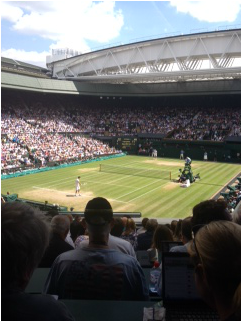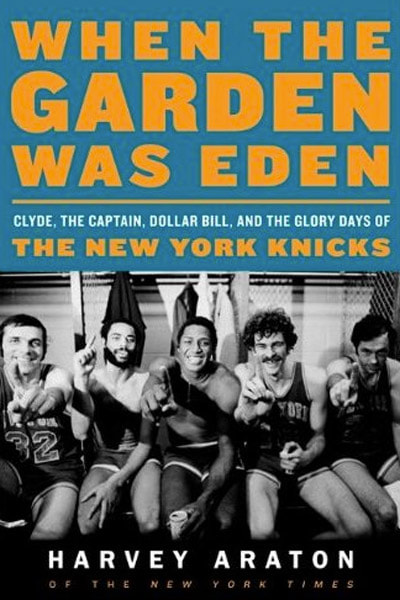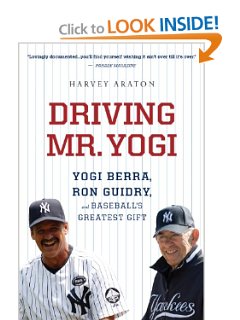 The view from press seating at Centre Court
The view from press seating at Centre Court During the second week of the recent Wimbledon tournament, I posted a photo similar to this one with the heading: "My favorite place in sports: Wimbledon, Centre Court." In response, someone wrote: "I hope you will write a column to explain why."
Too much going on, not enough space and a little too indulgent for my New York Times readers, I thought. Better for this forum. So here is why I would choose Centre Court over all the great sports venues I have visited -- and there are many that I still do admire and enjoy -- if it came down to one event, one wish.
It is not only beautiful but it is virtually timeless. With the exception of the updated electronic scoreboard and video for player challenges and the practical addition of the roof five years ago, it could be any year of any decade. The size and scope of the arena haven't been compromised for the sake of additional revenues that surely could be maximized. The feel of the place is much the same for Roger Federer as it was for Rod Laver. I like feeling connected to history there.
Most of all, after a long year of assaults on the senses, there are no explosions of fire during player introductions, no earsplitting music between every break in a match, no mindless prerecorded prompts for "everybody (to) clap your hands."
Are the guests in the Royal Box and the affluent folks who monopolize the majority of the tickets the kind of sports fans I'd want to run at the pub afterward? Probably not. But even on that memorable Monday afternoon in 2001, when the rabid riffraff queued up for the Goran Ivanesevic-Patrick Rafter final delayed one day by rain, there was a decorum observed that is unheard of elsewhere, in any sport, and, in tennis, especially at the U.S. Open.
Before crucial points, you can hear someone coughing or sneezing in a distant row. Nobody is yelling into their cellphone after a celebrity sighting, so common in New York. Nobody is dodging the ushers, trying to sneak into a better seat. Nobody is bolting in the middle of a point for a Nachos run.
On Centre Court, the match is the entertainment, start to finish. Your mind is clear to focus on the nuances of the game, or free to wander away from it all for as long as you'd like without being numbed into submission by continuous noise. Before this last tournament, I hadn't been to Wimbledon in five years. I didn't know how much I'd missed it until I sat at Centre Court and had an uninterrupted few moments to actually think about it.
Too much going on, not enough space and a little too indulgent for my New York Times readers, I thought. Better for this forum. So here is why I would choose Centre Court over all the great sports venues I have visited -- and there are many that I still do admire and enjoy -- if it came down to one event, one wish.
It is not only beautiful but it is virtually timeless. With the exception of the updated electronic scoreboard and video for player challenges and the practical addition of the roof five years ago, it could be any year of any decade. The size and scope of the arena haven't been compromised for the sake of additional revenues that surely could be maximized. The feel of the place is much the same for Roger Federer as it was for Rod Laver. I like feeling connected to history there.
Most of all, after a long year of assaults on the senses, there are no explosions of fire during player introductions, no earsplitting music between every break in a match, no mindless prerecorded prompts for "everybody (to) clap your hands."
Are the guests in the Royal Box and the affluent folks who monopolize the majority of the tickets the kind of sports fans I'd want to run at the pub afterward? Probably not. But even on that memorable Monday afternoon in 2001, when the rabid riffraff queued up for the Goran Ivanesevic-Patrick Rafter final delayed one day by rain, there was a decorum observed that is unheard of elsewhere, in any sport, and, in tennis, especially at the U.S. Open.
Before crucial points, you can hear someone coughing or sneezing in a distant row. Nobody is yelling into their cellphone after a celebrity sighting, so common in New York. Nobody is dodging the ushers, trying to sneak into a better seat. Nobody is bolting in the middle of a point for a Nachos run.
On Centre Court, the match is the entertainment, start to finish. Your mind is clear to focus on the nuances of the game, or free to wander away from it all for as long as you'd like without being numbed into submission by continuous noise. Before this last tournament, I hadn't been to Wimbledon in five years. I didn't know how much I'd missed it until I sat at Centre Court and had an uninterrupted few moments to actually think about it.



 RSS Feed
RSS Feed
